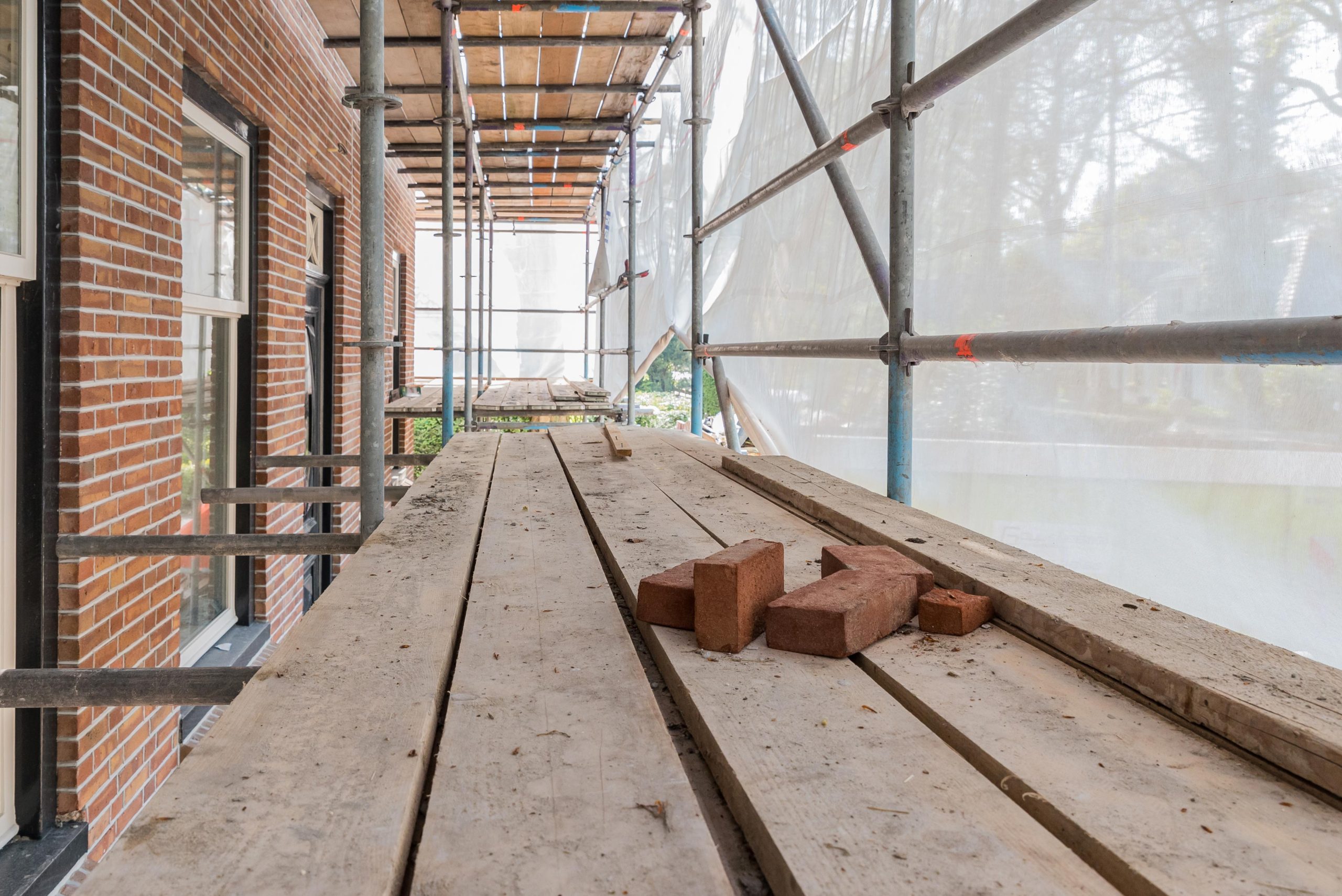In the recent case of De Havilland Studios Ltd v Peries, the Upper Tribunal (Lands Chamber) considered how freeholders (or management companies) should decide whether it is better to repair or replace, when the lease permits both.
The case concerned window repairs at a converted factory containing 41 flats. Everyone agreed that the windows were defective and work was needed. The lease permitted the landlord to either repair or replace the windows. The dispute arose over which was the better option.
The freeholder decided to repair the windows rather than replace them, because this would be cheaper. The leaseholders disagreed and demanded replacement, even though some of the cost would fall outside of the service charge.
When the freeholder insisted on repair works the tenants made an application to the First-tier Tribunal (Property Chamber).
The FTT initially sided with the leaseholders and said that replacement was the most reasonable option because of the long term benefit.
The freeholder appealed.
The appeal
The Upper Tribunal reviewed the initial decision of the FTT, which suggested that either option was reasonable but that replacing the windows was ‘more reasonable’.
It went on to confirm that the FTT can only consider whether the action which the freeholder chose was reasonable.
Because either option was reasonable, it was not for the FTT to substitute its own view and tell the freeholder what it should have done instead.
The Upper Tribunal allowed the appeal by the freeholder and said that because the repair works were one of two reasonable options, the freeholder was entitled to carry out the repair works.
What does De Havilland mean for freeholders and management companies?
The Upper Tribunal confirmed that more than one option can be reasonable.
The decision is the latest of many cases which confirm that the FTT cannot interfere with the decision of a freeholder or management company, provided that the costs incurred in carrying out that option are reasonable.
This is good news for freeholders and management companies as it gives them more freedom to decide what sort of maintenance should be carried out.
In this case that means that the freeholder could have carried out either repair works or replacement works, as both were reasonable in the circumstances.
Health warning – consider the lease
As is always the case, the starting point is the lease. In the De Havilland case the lease provided for repair and replacement, but all leases are different. It is important to understand what is permitted by your lease and what the repairing obligations are.
You should also consider the pros and cons of each option before deciding how to proceed. Just because the lease permits a certain type of work doesn’t mean it is suitable.

